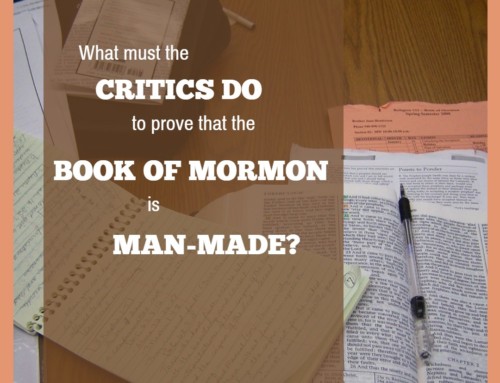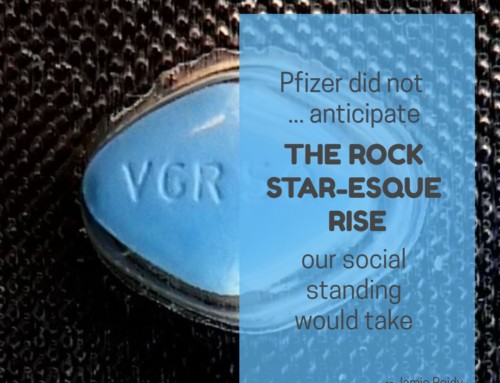Let me tell you about a difficult parenting moment:
I subscribe to Dialogue: a Journal of Mormon Thought. I enjoy its frank discussions about Mormon history, it’s ponderings on what is doctrine and what is culture, its book reviews, its short stories.
Heck, I’ve published stories in Dialogue. It’s my duty to support this little journal.
One day back when we had teenagers, I picked up my precious magazine and someone in the family said, “Mom’s gone off to read her apostate magazine.”
I could see, on my teenager’s face: Mom’s credibility just sank to the basement.
It was time for a little damage control.
I cornered said teenager and pled my case something like this.
“Ok, so we’ve got our Ensign magazine. It’s first priority is to build testimonies. And that’s a good thing. We need speeches and articles by church leaders. We need stories about how Jesus helped us through cancer, or a dust storm, or unemployment, or conversion. The Ensign publishes those kinds of stories.
“And we’ve got our Dialogue. It’s first priority is to publish work that meets the standards of academic publishing. You can’t write, ‘In Brigham Young’s happy household of 27 wives and 82 children, their secret to happiness was . . .’ Well, you can say that, but only if you find diary entries or other documents where family members or neighbors or whoever say, ‘This is how was it was. I remember that . . .One day, my sister and I . . .’ You can only go so far as your evidence takes you.” And sometimes, the evidence reveals some un-Ensign-like sentiments, like Brigham Young and Emma Smith couldn’t stand each other. That’s just the way it was.
Mormon life gets you into little problems like these.
Terryl Givens identifies many of these dilemmas in People of Paradox: a History of Mormon Culture.
For instance:
Brigham Young made “public statements about the origin of man, postulating that Adam and Eve were resurrected beings and that ‘Mankind are here because they . . . Were brought here from another planet.’”
Orson Pratt, a senior apostle, disagreed. He published his own interpretations of Joseph Smith’s teachings in a magazine called The Seer.
Says Givens: “The resulting clash of personalities brought into sharp relief the irreconcilability at the heart of Mormonism’s central paradox: Personal autonomy and intellectual freedom contending against prophetic authority and institutional power. . . .
“Orson Pratt . . . could be adamant that prophetic authority not preempt reason or judgment. . . . Finally, he found a formula that came close to appeasing his personal integrity and the demands of institutional loyalty.”
Another example:
Joseph Smith and his 13th Article of Faith encourage us to seek out everything truthful and lovely. He encouraged his people to build cities, universities and museums. We were to dance, sing, write, act and paint.
So, let’s consider musicians. They need to write us some hymns. A couple oratorios would be nice, too.
Some people thought that, being a peculiar and chosen people, our music should be strictly home-grown. We shouldn’t allow any influence from that great Babylon out there.
But other people thought it might be a good idea to send our composers east, where they would how to write oratorios.
Givens discusses these everlasting tensions in an engaging read. And if that doesn’t appeal to you but you like history, you’ll find it a good read too.
============================
If you take on Givens’ book, have mercy on your other faculties. Make yourself a plateful of the exceedingly simple Candy Bar Cookie Squares. You hide Snickers bars in the batter and if you make the buying choices, you could end up with spare Snickers bars to supplement your sugar rush.








Leave A Comment